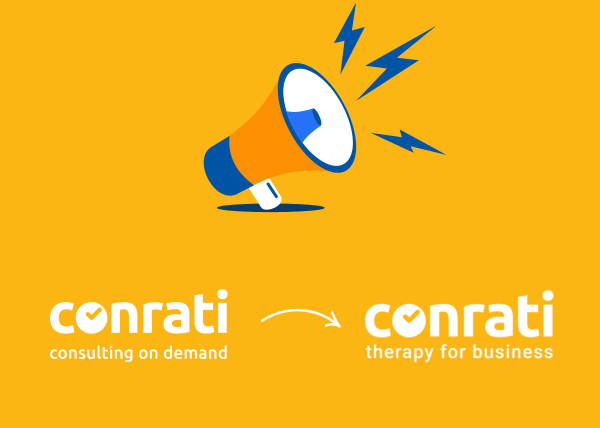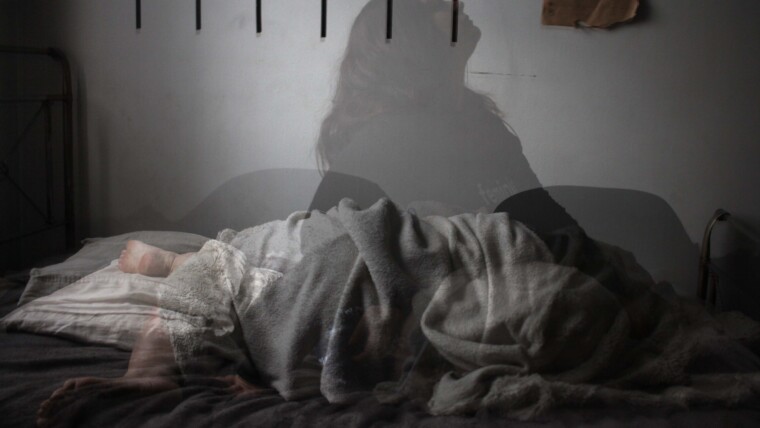Life can be tough, and we all experience challenges that test our strength and resilience. But for some, those challenges take a deeper toll and can result in the development of post-traumatic stress disorder (PTSD).
In this article we learn more about:
- What is trauma?
- What is post-traumatic stress disorder (PTSD)?
- What are the symptoms of post-traumatic stress disorder (PTSD)?
- What are the triggers of post-traumatic stress disorder (PTSD)?
- What factors are contributing to the growth of post-traumatic stress disorder (PTSD)?
- How to seek help for post-traumatic stress disorder (PTSD)
What is trauma?
When an individual is unable to cope with a deeply distressing or disturbing experience, trauma occurs.
The experience of trauma can have a profound impact on a person’s mental, emotional, and physical well-being. Individuals who experience trauma may feel overwhelmed, powerless, and helpless. They may struggle with intense emotions, such as fear, anger, and sadness, and may also experience physical symptoms, such as difficulty sleeping or concentrating, nightmares, and flashbacks.
What is post-traumatic stress disorder (PTSD)?
Post-traumatic stress disorder, commonly known as PTSD, is a mental health condition that can develop after a person experiences or witnesses a traumatic event such as:
- A natural disaster
- A serious accident or injury
- Experiencing war or combat
- Sexual violence or rape
- Violence against women or children
- Being threatened with death

Post-traumatic stress disorder (PTSD) can manifest in a variety of ways and affects individuals differently. Nevertheless, it is essential to understand the signs and triggers of PTSD, as it can have a great impact on a person’s day-to-day life.
If not treated in good time, it may lead to other mental health challenges such as depression, anxiety, panic attacks or manifest into a somatic disorder.
What are the symptoms of post-traumatic stress disorder (PTSD)?
- Intrusive thoughts: Individuals suffering from PTSD frequently experience intrusive and undesired thoughts related to the traumatic event. These thoughts can come in the form of vivid memories or nightmares, and can be distressing and disruptive to daily life.
- Avoidance behaviours: People with PTSD may also engage in avoidance behaviours, such as avoiding people, places, or activities that remind them of the traumatic event. This can include avoiding conversations about the event or avoiding places that were previously associated with positive memories.
- Flashbacks: Flashbacks are intense and vivid memories of the traumatic event that can feel as if they are happening in real-time. These flashbacks can be distressing and can significantly impact an individual’s daily life.
- Emotional numbness: Individuals with PTSD may also struggle with emotional numbness, where they have difficulty experiencing joy or pleasure in activities that used to bring them happiness. This can result in feelings of detachment from others and from the world around them.

What are the triggers of post-traumatic stress disorder (PTSD)?
Any trigger that reminds them of the traumatic event can trigger PTSD, and it is different for everyone. In addition to sensory triggers, such as sounds and smells, emotional triggers can include feelings of anxiety and anger.
There are a number of common triggers for PTSD, including:
- Loud noises
- Crowded places
- News or media coverage of similar events
- Anniversaries or reminders of the traumatic event
Some people may experience only a few symptoms, while others may experience a wide range of symptoms. The intensity and frequency of the symptoms can also change over time.

What factors are contributing to the growth of post-traumatic stress disorder?
With the global population facing numerous challenges, including the ongoing pandemic and increasing cost of living, it is no surprise that this could result in an increase in post-traumatic stress disorder (PTSD). This is due to the unpredictable nature of situations surrounding health, family, wealth, and personal experiences.
There are several factors that can contribute to the rise of PTSD, including:
- Traumatic events: Direct exposure to traumatic events such as natural disasters, combat, sexual assault, and illness can increase the risk of developing PTSD.
- Intensity and duration of trauma: The severity and length of the traumatic event can also impact the likelihood of developing PTSD.
- Personal characteristics: Certain personal characteristics, such as having a prior history of mental health problems or a family history of PTSD, can increase the risk of developing PTSD.
- Social support: Lack of social support and a strong support system can make it more difficult for individuals to cope with traumatic events and increase the risk of developing PTSD.
- Cultural beliefs: Cultural beliefs and attitudes towards trauma and mental health can also play a role in the development of PTSD.
Traumatic events affect everyone differently, and not everyone who experiences trauma develops PTSD. PTSD is, however, more likely to develop if the above factors exist.
How to seek help for post-traumatic stress disorder
If you are experiencing symptoms of post-traumatic stress disorder (PTSD), it is important to seek help from a mental health professional.
One of the challenges that many face when searching for treatment, is access to professionals. Conrati has made online therapy easier for you to access mental health professionals from the comfort of your home or office.
Search and browse to find a mental health professional to help you.
Remember, seeking help for PTSD is a sign of strength, not weakness. With the right support, you can learn how to manage your symptoms and reclaim your sense of wellbeing.
Disclaimer: This article is written and published for educational purposes. It is not intended on substituting a professional diagnosis. If you suspect that you may have post-traumatic stress disorder or any other mental health condition, we suggest you seek help from a mental health professional.









One Reply to What is Post-Traumatic Stress Disorder?
Why your child should have a tutor
Conrati nominated as a Top Environmental Consulting Company by Futurology
What happens during each stage of grief?
Mentorship for the Mentee
How to boost 8 different forms of health
Conrati nominated as a Top Environmental Consulting Company by Futurology
How social media affects mental health
Understanding Bipolar Disorder